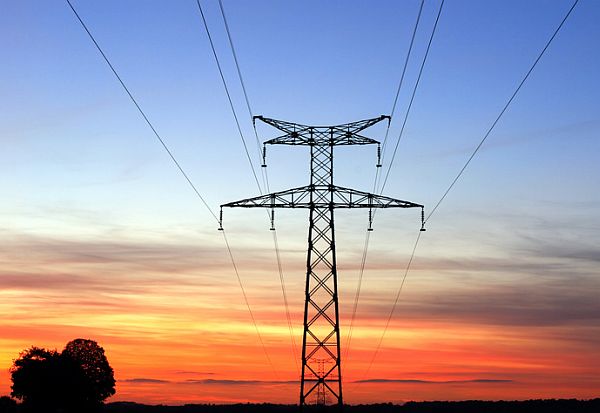08 Dec 2017

A new report prepared for the Council of Australian Governments (COAG) Energy Council confirms the growing contribution of Queensland coal seam gas (CSG) to Australia’s energy security and economic prosperity.
The Unconventional Gas in Australia report is the second report prepared for COAG by the Australian Petroleum Production & Exploration Association (APPEA) focusing on CSG, shale and tight gas developments in Australia.
APPEA Chief Executive Dr Malcolm Roberts said the report highlighted the growing importance of unconventional gas to Australia’s energy mix and economy.
“Natural gas continues to be an essential and popular energy source for Australia,” Dr Roberts said.
“Almost half of all homes – five million households – are connected to gas and more than 11 million gas appliances are in use.
“As production from conventional gas sources gradually declines, eastern Australia is increasingly relying on unconventional gas to meet its energy needs.
“The development of Queensland’s $70 billion liquefied natural gas (LNG) industry has created much of the new supply flowing into the domestic market.
“Today, Queensland’s unconventional gas reserves are the largest single source of natural gas in eastern Australia. More than half of the gas consumed on the east coast is CSG from Queensland and almost 90 per cent of gas reserves on the east coast are unconventional gas.”
APPEA’s latest data shows the Queensland gas industry employed around 27,000 people and generated more than $9 billion worth of economic activity last year, including $3.8 billion in wages. In the last two years, the industry had paid more than $15 billion to 3,100 businesses, mostly in regional areas.
Dr Roberts said Queensland was also leading the way in co-existence with farmers. Between 2011 and 2016, the industry had signed more than 5,860 agreements with landholders who have received $302 million in payments.
“Despite the industry’s success in Queensland, unconventional gas development has stalled in other jurisdictions,” he said.
“Victoria, New South Wales, Western Australia and the Northern Territory all have considerable CSG or shale gas potential but have effectively locked away their unconventional gas with blanket bans, moratoriums and regulatory restrictions.
“If state and territory governments are serious about reducing energy costs for homes and businesses, they must remove these unnecessary restrictions.”
The Unconventional Gas in Australia report can be found on APPEA’s website.
Media Contact

